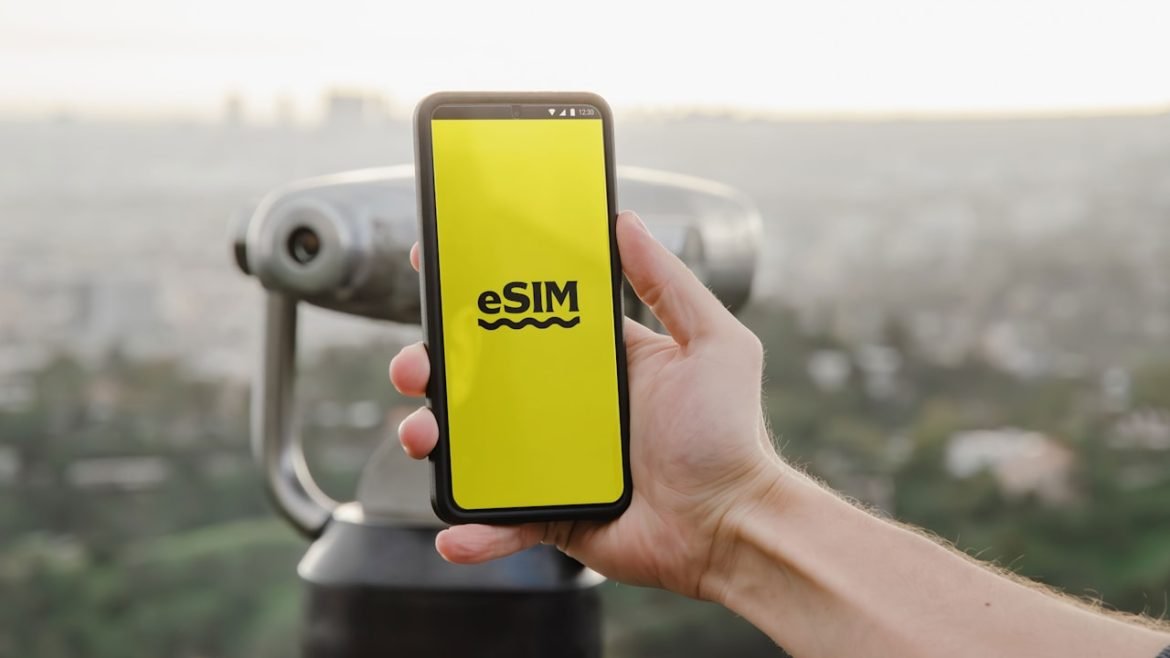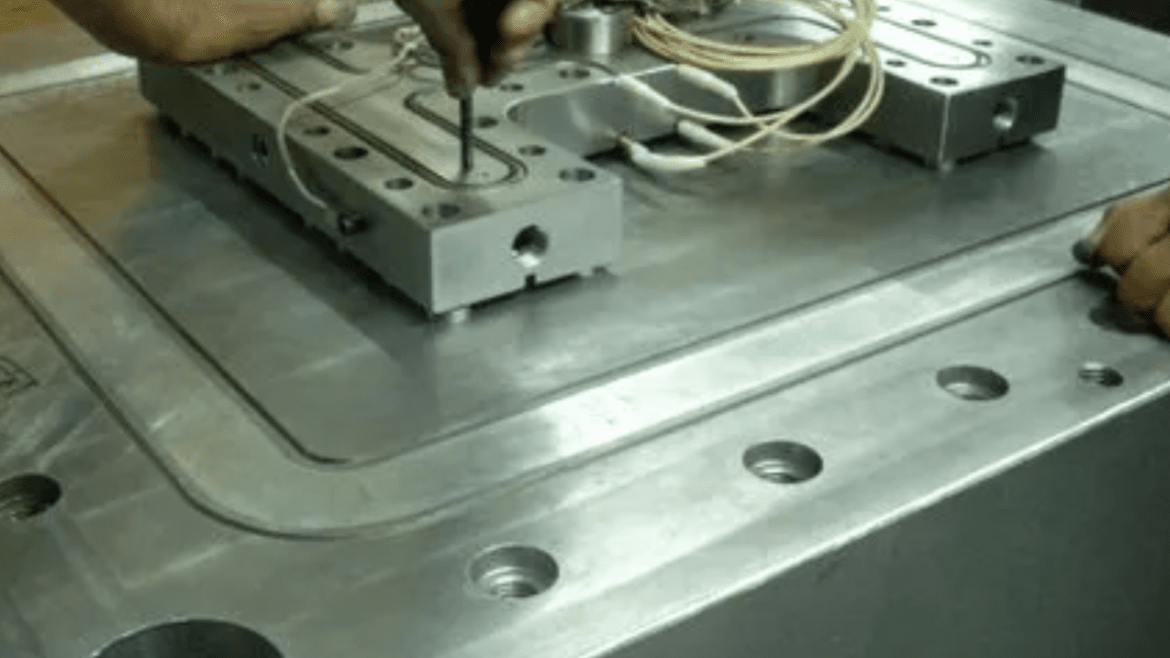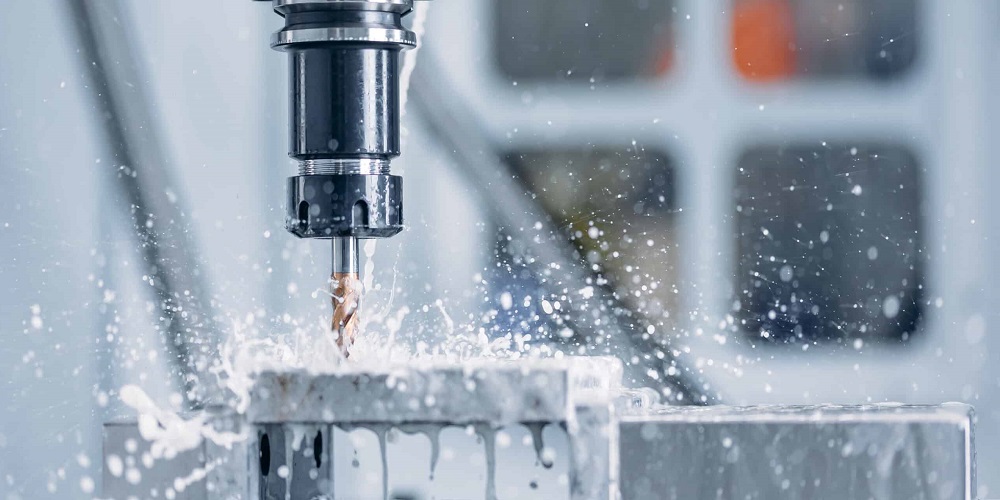In the realm of modern construction, the choice of materials is crucial for ensuring structural integrity, durability, and cost-effectiveness. ASTM A500 steel has emerged as a cornerstone material, offering a multitude of applications across diverse construction projects. Renowned for its strength, versatility, and reliability, ASTM A500 steel plays a vital role in shaping the built environment. This article explores the various applications of ASTM a500 steel in modern construction projects, highlighting its significance and benefits.
Building Construction
One of the primary applications of ASTM A500 steel is in building construction. From residential buildings to commercial skyscrapers, this steel is widely used for framing, support beams, columns, and other critical structural elements. Its high strength-to-weight ratio and exceptional durability make it an ideal choice for withstanding the rigors of vertical and lateral loads. Additionally, ASTM A500 steel’s versatility allows architects and engineers to design innovative and sustainable structures while ensuring compliance with building codes and standards.
Architectural Design
Beyond its structural capabilities, ASTM A500 steel also offers aesthetic benefits, making it a preferred material in architectural design. Architects leverage its versatility in shape and form to create visually striking facades, decorative features, and geometrically complex structures. Whether used in modernist designs or traditional architectural styles, ASTM A500 steel seamlessly combines functionality with aesthetics, enhancing the overall appeal of architectural projects.
Infrastructure Projects
ASTM A500 steel plays a crucial role in infrastructure development projects worldwide. From bridges and highways to railroads and airports, this steel is used in various structural components to ensure safety, longevity, and resilience. Its high strength, corrosion resistance, and ductility make it suitable for withstanding dynamic loads, environmental factors, and seismic events. Additionally, ASTM A500 steel’s ease of fabrication and installation contributes to efficient construction processes, reducing project timelines and costs.
Industrial Applications
In industrial settings, ASTM A500 steel is utilized for a wide range of applications, including manufacturing facilities, warehouses, and industrial plants. Its robustness, versatility, and cost-effectiveness make it an ideal material for structural frames, equipment supports, and storage racks. Whether in heavy machinery or industrial equipment, ASTM A500 steel provides the necessary strength and stability to withstand demanding operational conditions, ensuring optimal performance and safety.
Agricultural Applications
ASTM A500 steel finds extensive use in agricultural structures and facilities. From barns and storage sheds to livestock enclosures and agricultural machinery, this steel provides the strength and durability required for agricultural operations. Its resistance to corrosion and environmental factors makes it well-suited for outdoor applications, where exposure to moisture, chemicals, and temperature fluctuations is common. Additionally, ASTM A500 steel’s versatility allows for customized designs to meet specific agricultural needs and requirements.
Conclusion
In conclusion, ASTM A500 steel is a versatile and indispensable material in modern construction projects. From building construction to infrastructure development, and architectural design to industrial and agricultural applications, its strength, versatility, and reliability make it a preferred choice for architects, engineers, and builders worldwide. As construction practices evolve and sustainability becomes increasingly important, ASTM A500 steel continues to play a vital role in shaping the built environment, contributing to safe, resilient, and visually appealing structures.









